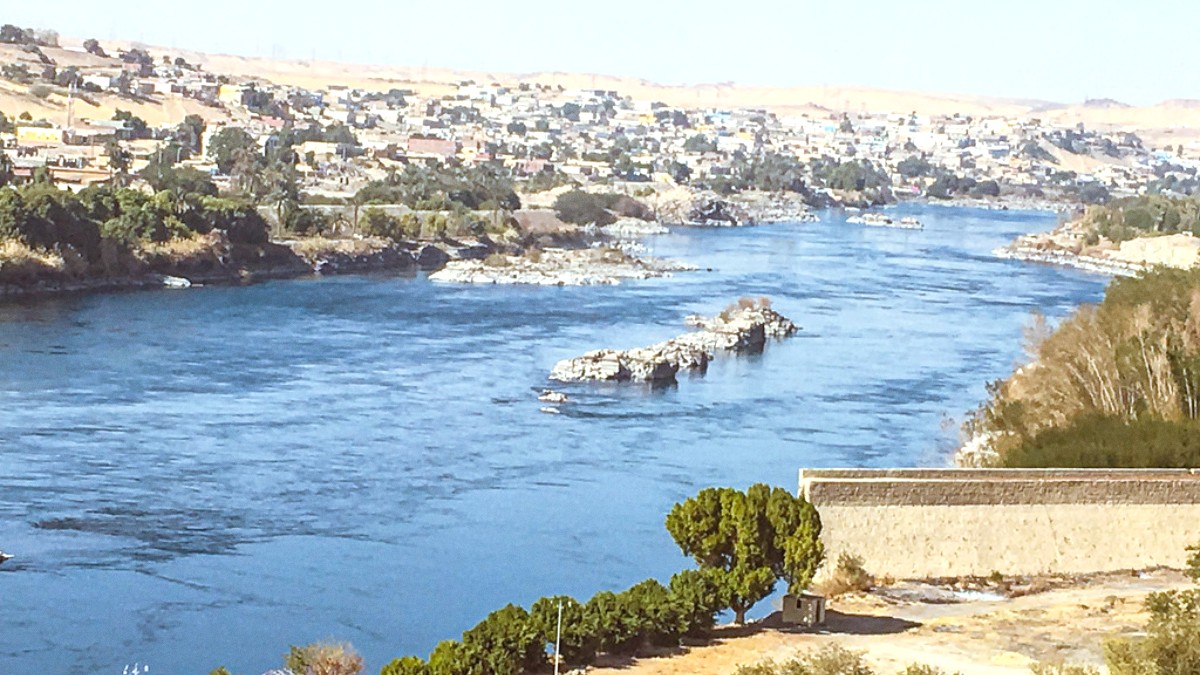
Nile Valley, Egypt
Public Bus/Metro: Aswan does not feature a formal public bus network or metro system for typical tourist use. Existing local bus routes cater mainly to residents, potentially confusing for visitors due to unclear signage or English route maps.
Local Ferries: The main "public" transport for tourists within the city comprises local ferries crossing the Nile. These small, often blue-painted boats serve as water taxis, connecting the East Bank (Aswan city center) to Elephantine Island and the West Bank (including the Nubian Village).
Ask hotel staff or friendly locals for directions. Use mapping apps (Google Maps or Maps.me with offline maps) for distances and general directions.
For simple cross-river trips, use the local ferry. For specific destinations like Philae Temple (on an island) or longer Nile excursions, hire a private motorboat or felucca.
Local ferries represent a common and inexpensive way to traverse the river, offering a budget-friendly choice for cross-river journeys.
Always agree on the price before starting a taxi ride.
Cash (EGP) identifies the only accepted method for local taxis.
Fewer Uber drivers in Aswan compared to Cairo, so waiting times arise.
Confirm agreed-upon fare. Avoid unsolicited "tours" from drivers.
Taxis and ride-sharing services present the most common land transport options for tourists in Aswan.
Beyond standard options, Aswan features unique ways to travel, especially on the Nile, and ample opportunities for walking.
Generally, accessibility services for travelers with mobility needs are very limited in Aswan. Most historical sites have stairs and uneven surfaces. Inquire specifically with cruise lines.
Private car hire is often the only practical solution.
Aswan features no cable cars, funiculars, or other similar unique forms of elevated transport. The focus remains on ground and river-based movement.
Unique local options are feluccas and tuk-tuks.
Tuk-tuks: These three-wheeled vehicles are common on the West Bank and within the Nubian Village. They offer a fun, open-air way to get around these areas. Negotiate fares.
Horse Carriages (Hantour): Occasionally seen for short, novelty rides along the Corniche. Not a practical mode for daily use.
With these transport insights, your travel through Aswan should proceed smoothly, allowing you to focus on the discovery and cultural richness.
Embrace the unique transport options, especially the feluccas, for an authentic Aswan experience.